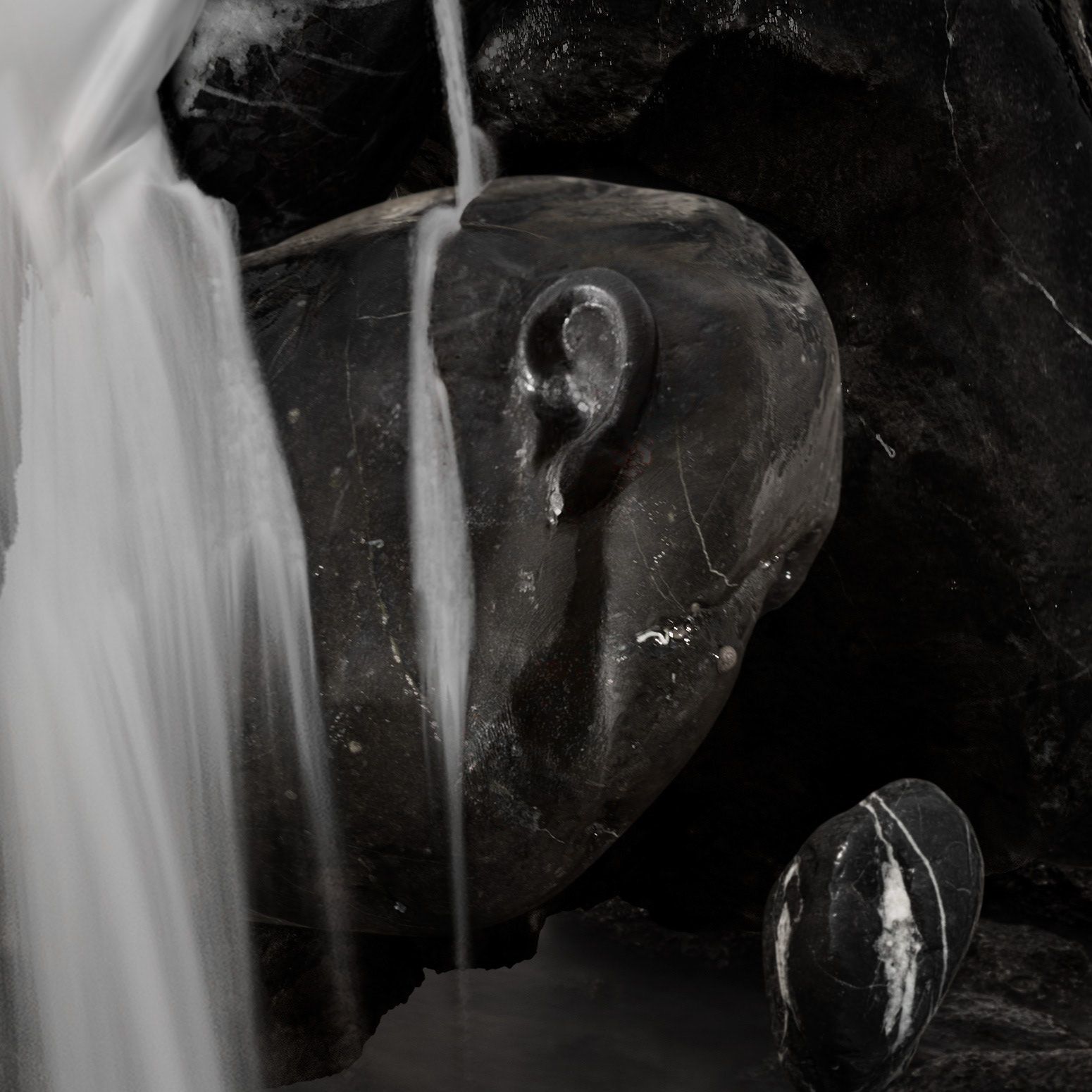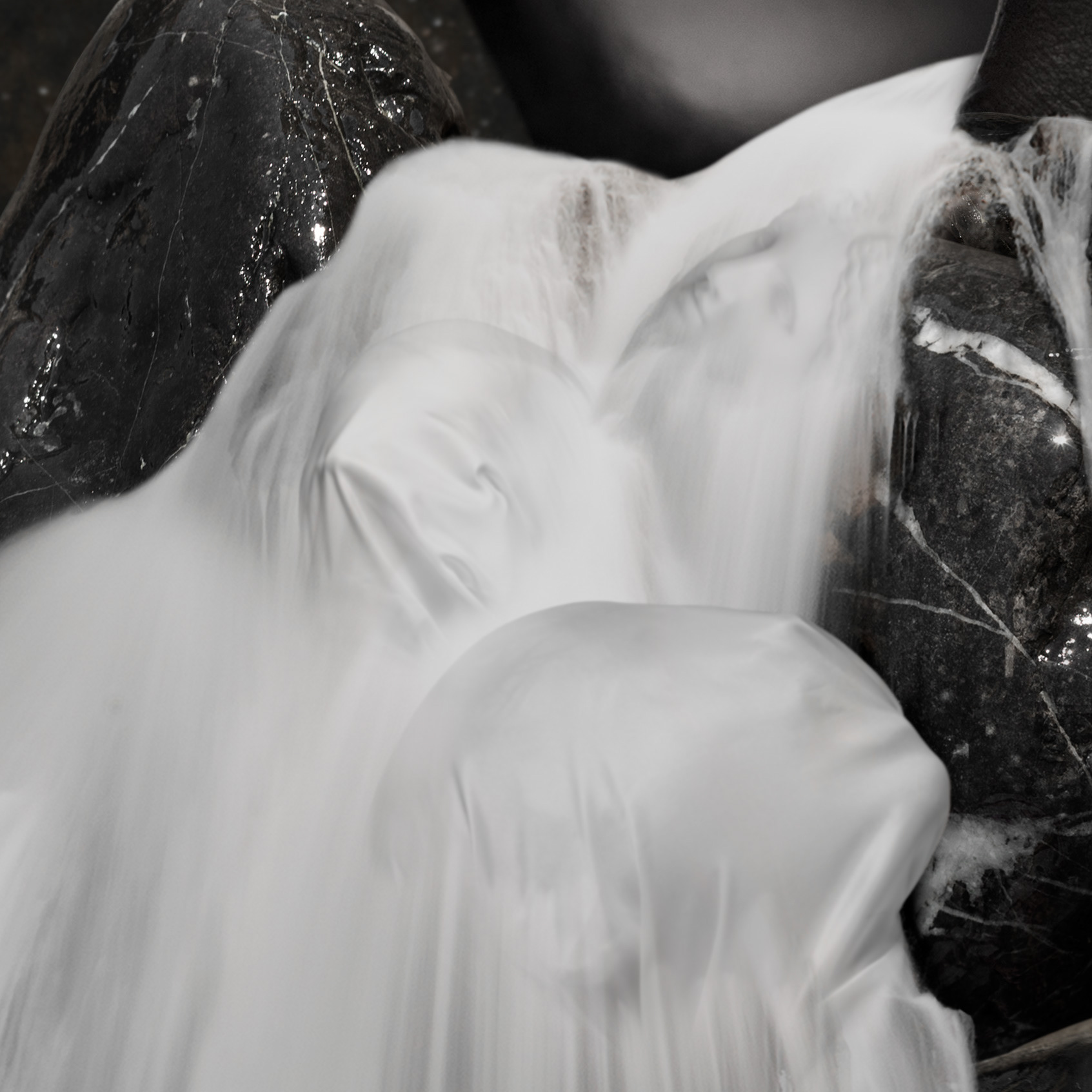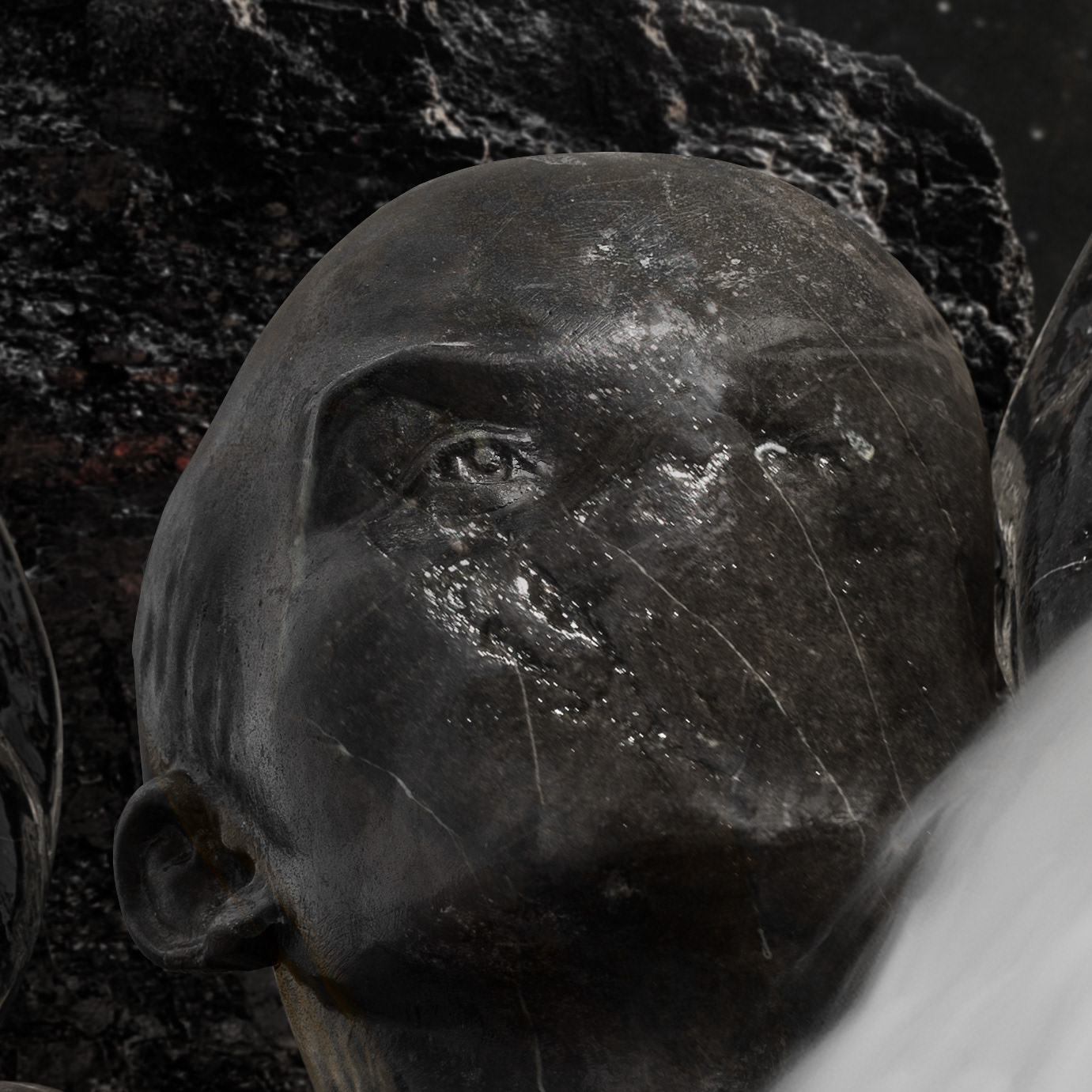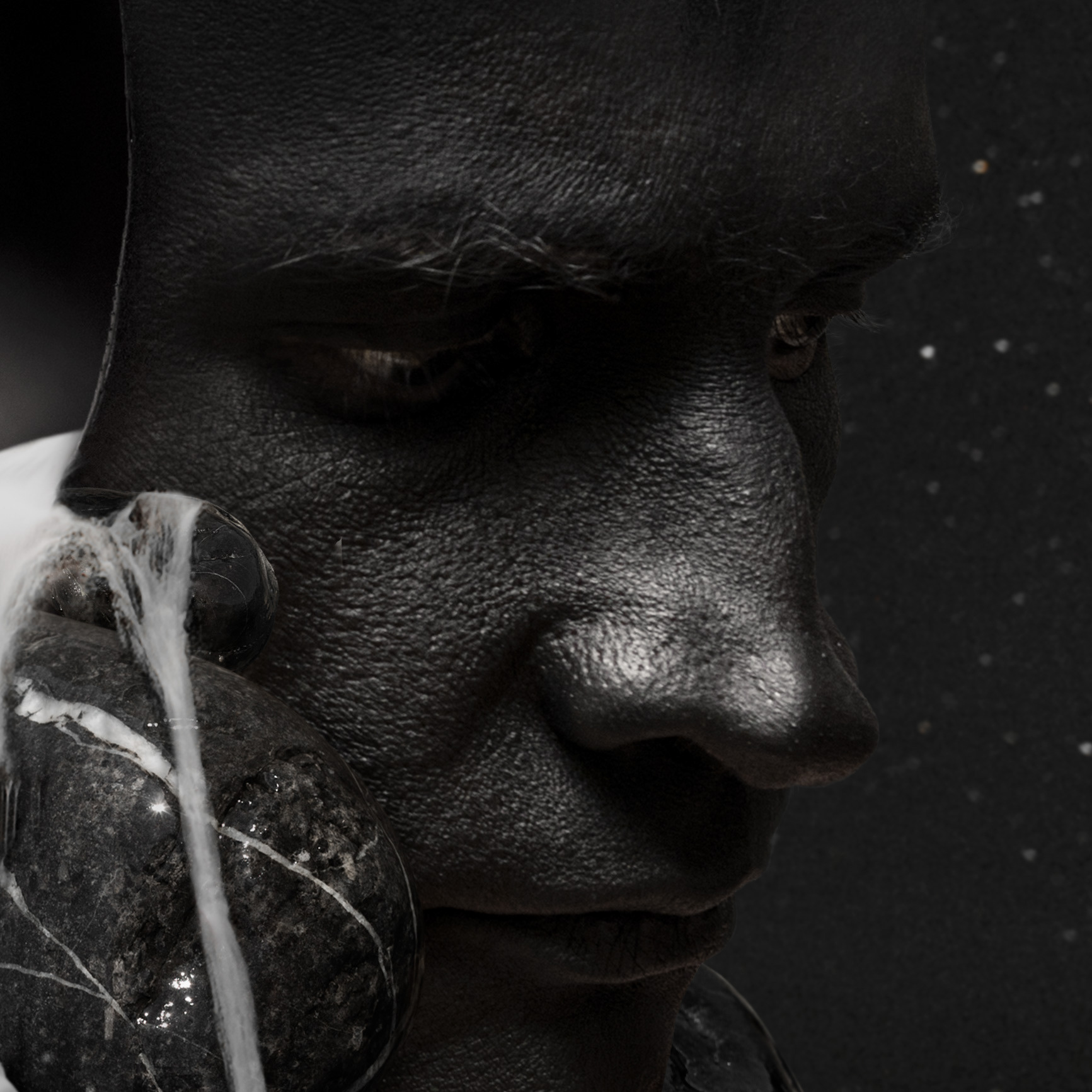Digital photography. Limited edition prints size 106 x 106 cm, 70 x 70 cm
Perhaps an integral component of resilience formula is that people born in average Soviet and post-Soviet families are used to surviving in a flood of physical and psycho-emotional violence since childhood. For them, although, to be honest, for us, the war started much earlier than in 2014, we have been at war since early childhood. We did not know any other reality. Still, for many of us, what is happening now is simply the times when the inner state matches the outer. A state of perfect harmony, no matter how blunt it may sound. But, in the end, these desperate fighters strive and become the most prepared for the inner peace. If you look at this situation from the other perspective, the stories of incredible success and true leadership are made from properly hardened people. People whose consciousness is able to withstand a barrage of negativity and criticism, incredible psycho-emotional stress, without collapsing into a victim and animal reflexes. People who are able to acutely feel barely noticeable manifestations of emotions and feelings of others. People who can dive in and get out of the deepest abyss. It is worth thinking about what, in fact, you are running away from and what you regret. With rare exceptions, when you still remember how you once decided to become someone great, you never know what your destiny has in store for you.






